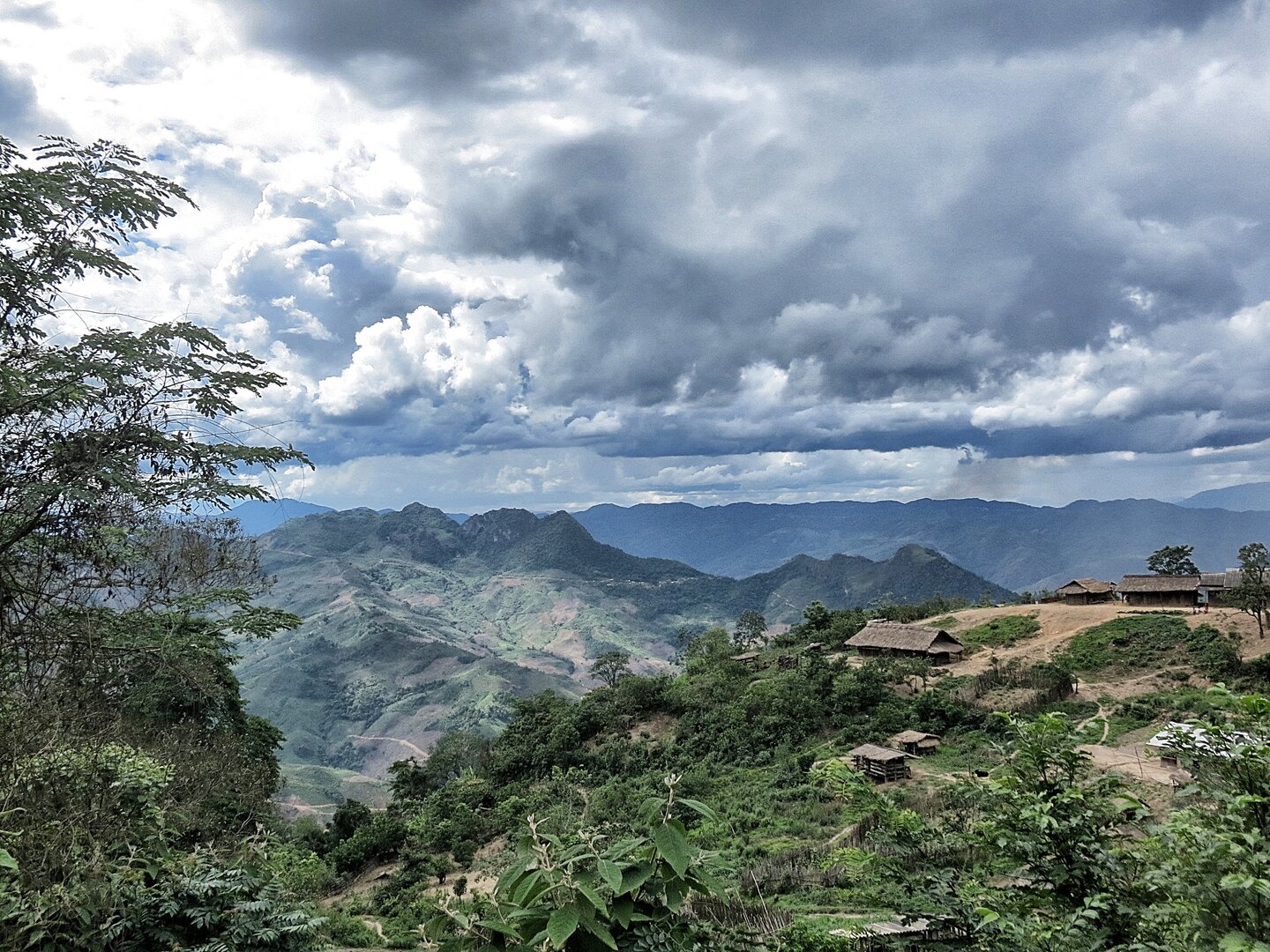The introduction of commercial farming to upland areas of Laos has often impacted negatively on soil, biodiversity and human health. The project LURAS (Lao Upland Rural Advisory Service) is supporting local communities, especially ethnic minorities and youth, to develop cultivation practices and market links that are environmentally sustainable, climate resilient - and provide a good income.
-
Project NameLURAS: Lao Upland Rural Advisory Service
-
Project Phase2021 to 2025
-
FundingThis project is a SDC mandate.
-
Thematic focusPrivate Sector Development
Climate & Disaster Resilience
The uplands of Laos are home to many ethnic minority communities who have traditionally practiced subsistence agriculture - growing crops for their own consumption while also collecting food from the forests and rivers. As new roads have improved access to remote areas, the Government and foreign investors have promoted commercial agriculture both for the domestic market and for export. Whilst contributing to an overall decline in poverty, this has also brought its own set of environmental and social problems. The country has seen the destruction of forests, the excessive use of pesticides and declining soil fertility. Climate change is also creating unreliable rainfall patterns and extreme weather events. Meanwhile, rural youth are leaving their communities in search of better opportunities in the cities or neighboring countries. The project LURAS works with the Laos government’s Department for Agricultural Extension and Cooperatives (DAEAC) to promote «clean, safe and sustainable agriculture» , with a focus on the next generation of farmers.
Multiple partnerships
The project began in December 2014 and is now in the third phase. Over the years, strong partnerships have been forged with the government at local, provincial, and national level. In supporting small holder farmers to improve the profitability and sustainability of their production, the project also works with local companies and producer organizations to enhance their processing and marketing activities. Emphasis is placed on community-based learning activities, working with farming families to test new practices on their own farms, and promote information exchange through social media. This covers issues such as treatments against pests and diseases, updates on market opportunities, or new processing techniques that add value to the products farmers are selling.
Forest-friendly farming
Since 2015, LURAS has demonstrated that upland farmers do not need to fell forests to grow a profitable crop. In partnership with local companies, the project has supported communities to grow Arabica coffee under the canopy of natural forest at elevations of 1,000 meters and above. The high value coffee beans are sold to roasters and cafes in Laos and exported to the USA and Europe. This form of forest-friendly farming contributes to both climate change mitigation and adaptation. Tree crops maintain soil cover, thereby preventing soil erosion and reducing the likelihood of landslides. The natural biodiversity of the forest ecosystem helps to minimize pest problems, while also providing supplementary sources of food, medicinal plants, and construction materials. Forests also ameliorate extreme temperatures, thereby protecting crops during heatwaves and frost. And finally, forest-friendly farming is putting carbon back into the soil - unlike other agricultural systems that contribute to greenhouse gas emissions.
Better incomes for rural youth
Studies carried out by LURAS show that rural youth choose to stay in their community if they can earn their own income and avoid the drudgery of traditional farming. Since 2016, the project has been implementing a scheme for youth called AGREE, 'Agripreneurs for a Green Rural Economy and Employment'. This entails technical and business training for rural youth who then submit proposals for start-up grants. Priority has been given to supporting innovative proposals, and dozens of micro-enterprises are now being managed by young people in the project area. Online platforms have played an important role in learning, networking, and marketing.
Appropriate agriculture policies
Policy makers need relevant information to make informed decisions. LURAS offers opportunities for information exchange and dialogue with national level decision-makers about green, sustainable and climate resilient agriculture. The project commissions studies by national and international experts, convenes meetings that bring together government officials, donors, researchers, CSOs and farmers, and manages an online discussion group with thousands of members. Building on the work of an earlier project managed by the same team at Helvetas, LURAS is maintaining the largest online library in the world of documents relating to agriculture and rural development in Laos through document repository LaoFAB (Login required).






